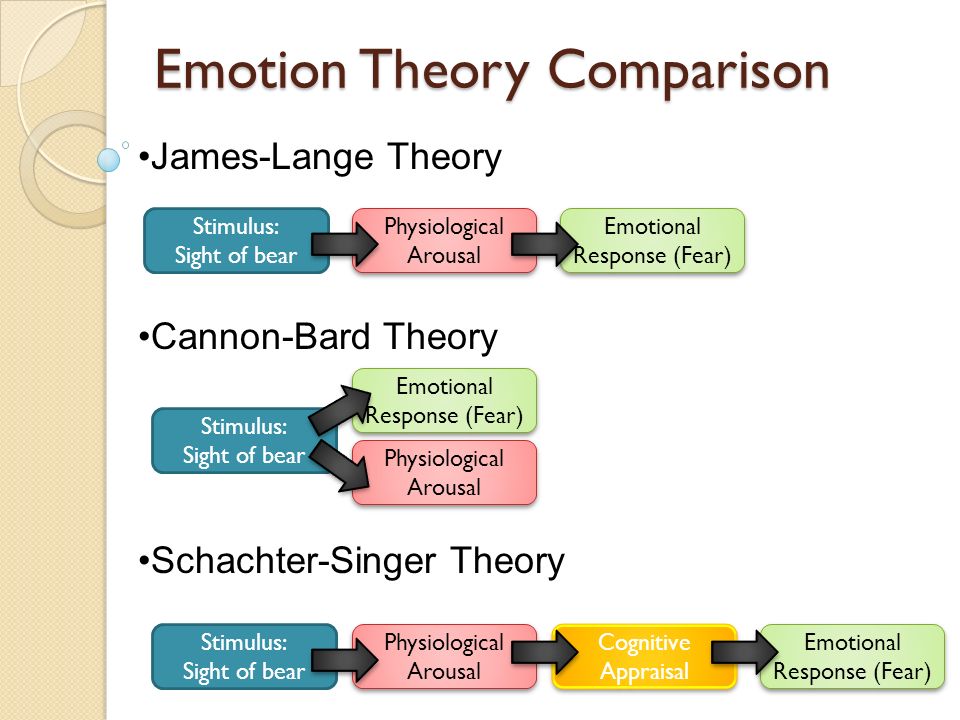
†† Emotions, like people, are complex and involve physical and psychological changes that influence thought and behavior. Regardless of the theory you subscribe to or therapy you administer, it’s important to remember that every individual experiences different emotions in a single day, and we can experience multiple and even contradictory emotions at the same time. § Psychodynamic and psychoanalytic therapies see emotion as a gateway to meaning, and emotion serves as both a container of memory and as an experiential process occurring in the moment to help uncover recurring patterns and resolve issues. ‡ Emotion-focused therapists view emotion as the primary meaning system and, as such, emotion is used as the path to greater awareness of what is important in any given situation by helping clients make sense of their feelings as well as transforming their core painful emotions. † For example, in cognitive behavioral therapy, emotion stands with thought and behavior as one of the interacting elements that make up a person's inner life. While earning your psychology degree, such as a PhD in Clinical Psychology, you’ll learn that emotion is central to all forms of therapy, yet each has a distinct model for working with it. Supporters of the Facial Feedback Theory of Emotion suggest that emotions are directly tied to changes in facial muscles.* The Schachter-Singer theory proposes that people infer emotions based on physiological responses but that the situation and interpretation can result in different emotions.

However, the Cannon-Bard theory says people feel emotions and experience physiological reactions simultaneously and that one does not cause the other. In the James-Lange theory, psychologist William James and physiologist Carl Lange suggest that emotions occur as a result of physiological reactions to events and depend on how someone interprets his or her physical reaction. Finally, cognitive theories argue that thoughts and other mental activity play an essential role in forming emotions.*įor example, Charles Darwin proposed an evolutionary theory of emotion that suggests emotions exist because they serve an adaptive role in order to be able to respond quickly and improve chances of success and survival. Neurological theories propose that activity within the brain leads to emotional responses. Physiological theories suggest that responses within the body are responsible for emotions. There are many theories of emotion, and the major theories of motivation can be grouped into three main categories: physiological, neurological, and cognitive.

#THEORIES OF EMOTION SERIES#
Emotions are a complex series of changes which occur when we react to a situation that we determine to be personally significant. The Importance of Understanding Theories of Emotion While Pursuing a Career in Psychology Earning a psychology degree can help you improve the lives of others.Īs you earn a psychology degree on your way to pursuing a career in psychology, you’ll study the behavior of individuals and their mental processes and also learn about the importance of emotion. The Importance of Understanding Theories of Emotion While Pursuing a Career in Psychology.


 0 kommentar(er)
0 kommentar(er)
